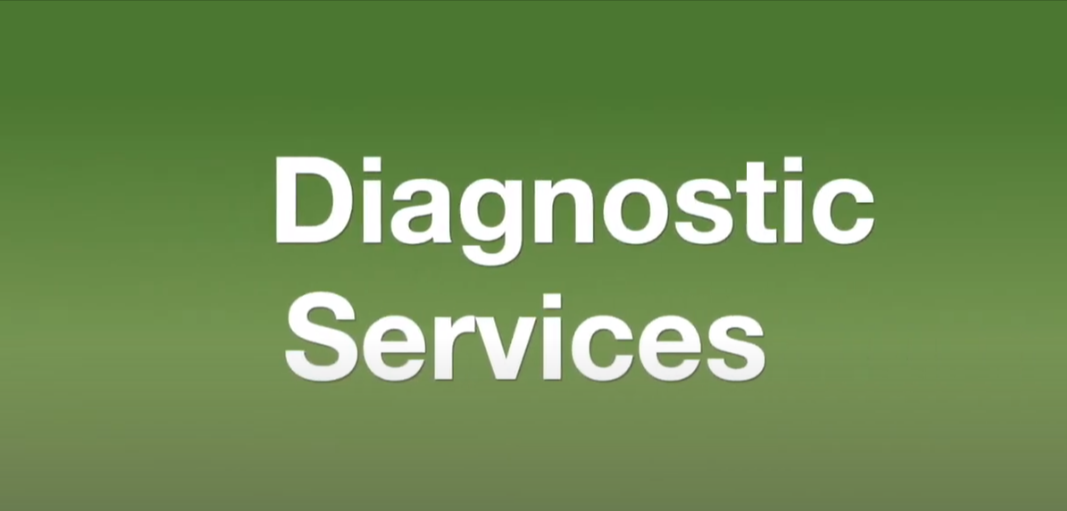- Direct Teletherapy Services
- Assessments & Diagnostic Services
Assessments & Diagnostic Services
Bringing high quality virtual therapy solutions to students in need.
Sessions
served
Served

Assessments & Diagnostic Services
Our therapists utilize evidence-based assessment measures to evaluate students’ strengths and needs. We provide face-to-face, live evaluations utilizing telepractice procedures that are HIPAA compliant. Our therapists collaborate with the IEP team to determine each student’s unique needs. We work to develop appropriate therapy goals to help our students be successful in reaching their full potential.

Why Our Teletherapy?
E-Therapy Provides:
Diagnostic services in line with current telepractice methods and regulations
Formal assessments utilizing a battery of standardized measures
Interpretation and explanation of standard scores with the IEP team
Bilingual assessments when needed/appropriate
Screenings to determine if further evaluation is warranted
Written reports detailing the student’s performance and qualifying criteria
Secure upload of student documents and reports via our online platform
How we can help you
Online evaluation and assessment services can help schools in a number of ways.
Benefits of Online Evaluation and Assessment Services:
- Quick and reliable support to help identify students in need
- Help improve academic performance through normed data
- Flexibility with evaluation/assessment scheduling
- Convenient and confidential
- Cost-effectiveness as compared to in-person evaluations


See how our providers can serve you
Watch this clip to see what our Diagnostic Services Team has to offer
A Few Words About E-Therapy Services


FAQ
What is the purpose of diagnostic services?
School evaluations and assessments are used to identify and understand students’ academic, social, and emotional needs. They can help teachers and other school staff develop appropriate interventions and support for students who are struggling.
What types of evaluations and assessments are used?
There are a variety of different types of school evaluations and assessments. Which tools are used will depend on things like: age/grade, ability, and other factors. Some of the most common types of assessment tools include cognitive assessments, behavioral evaluation, and various screening tools.
What are the benefits of school evaluations and assessments?
A school evaluation can provide a number of benefits for students, including: early identification for struggling students, targeted interventions to support in school success, use in the development of IEPs to ensure that students receive the support they need, and improved academic and social-emotional outcomes that are based on data.
Who administers the evaluation/assessments?
All diagnostic services are completed by highly qualified professionals. Depending on the areas being assessed, a therapist with specific training and knowledge, will administer the assessment. For educational and cognitive testing, a psychologist or educational diagnostician would administer it. In the case of speech and language an SLP would complete the administration. All those providing diagnostic services work as a team to get a well-rounded picture of the student’s needs and abilities.

